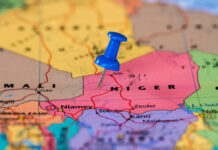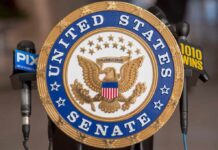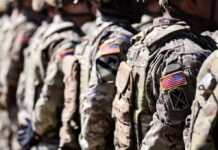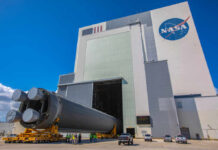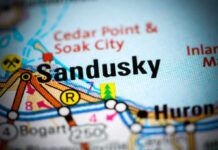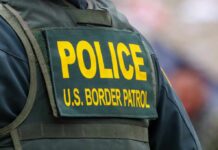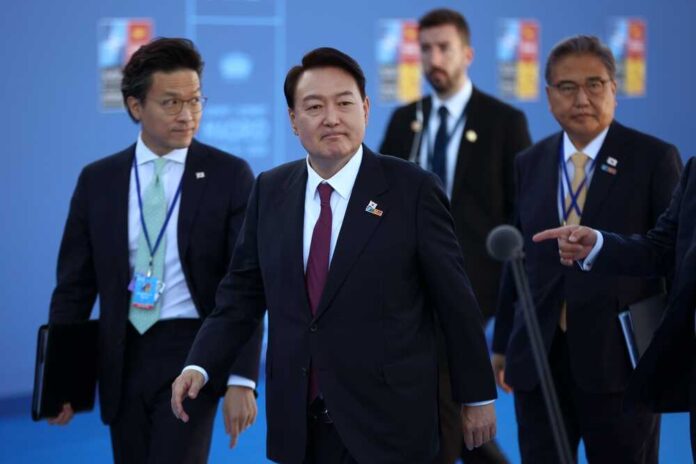
Ahead of a state visit by South Korean President Yoon Suk Yeol, the White House announced this week that the U.S. will deploy nuclear submarines to the country.
Officials cited the continued threat from communist North Korea as spurring its strengthening of its commitment to defend the South. Biden administration officials melodramatically declared the so-called “Washington Declaration” as the most important since the Cold War ended.
US to send nuclear submarine to South Korea for first time in 40 years https://t.co/Cj8z9kaISN pic.twitter.com/hYzN3XLasU
— New York Post (@nypost) April 26, 2023
A senior White House official said the U.S. will “take steps to make our deterrence more visible through the regular deployment of strategic assets, including a U.S. nuclear ballistic submarine visit to South Korea.”
According to White House officials, an American nuclear submarine has not docked in South Korea since the early 1980s.
The official further pledged a strengthening of training programs and war simulations to improve readiness to defend against possible North Korean aggression.
The goal is to further integrate South Korean non-nuclear armaments into the alliance’s strategic planning.
However, this deployment will not include nuclear weapons based in the country. It will temporarily raise the amount of military hardware sent to South Korea. This will include nuclear-armed submarines and bombers.
The Washington Declaration will also form a new U.S.-South Korea nuclear consultative group (NCG). The White House reported that the effort will be based on “nuclear and strategic planning issues.”
Interestingly, the administration said the NCG will be in the mold of joint efforts with European allies “during the height of the Cold War.”
South Korea signed on to the United Nations Nuclear Non-proliferation Treaty in 1975, which prohibits it from acquiring nuclear weapons. Yoon is expected to “reaffirm” that commitment while in Washington visiting with President Biden.
That treaty is hardly popular in modern South Korea. A poll conducted early last year by the Chicago Council on Global Affairs found an overwhelming majority of the nation sees the need for more advanced weaponry.
A full 71% supported Seoul developing nuclear weapons for itself, and another 56% endorsed having U.S. nuclear arms deployed in South Korean territory. Asked to choose between the two options, 67% supported developing the weapons at home while only 9% backed a U.S. origin.




